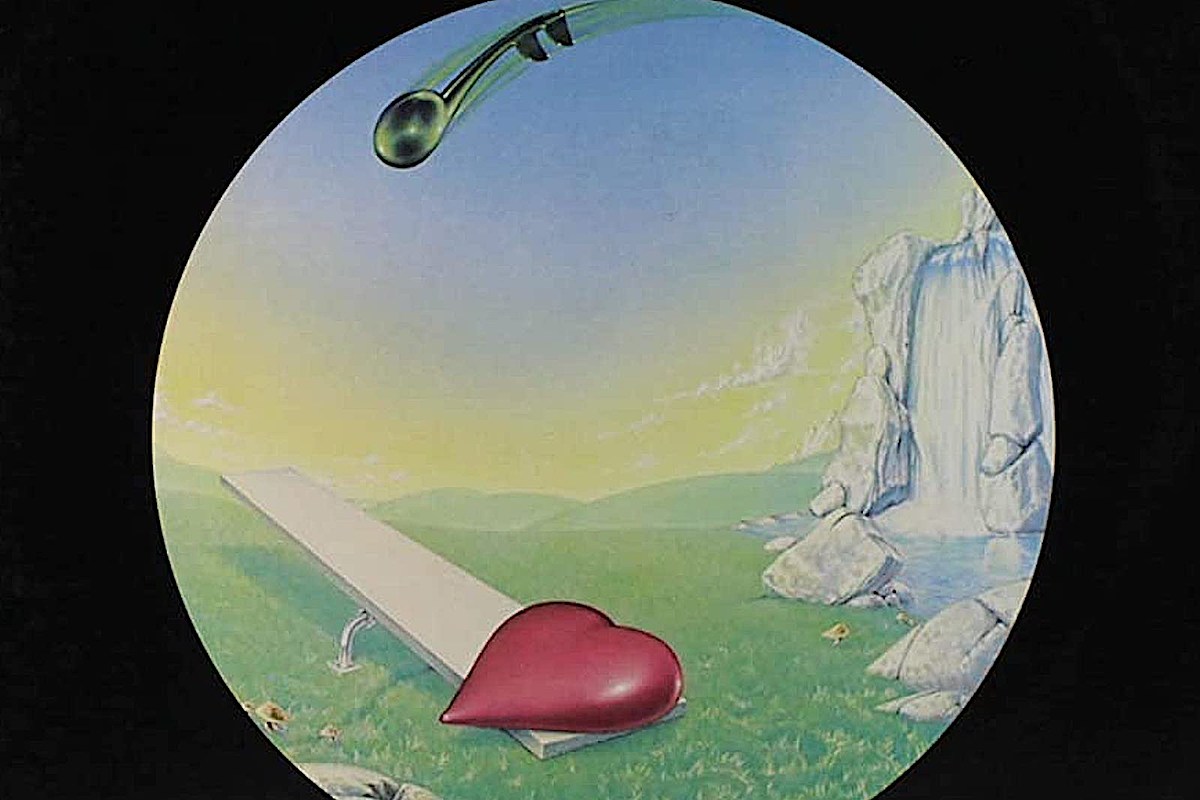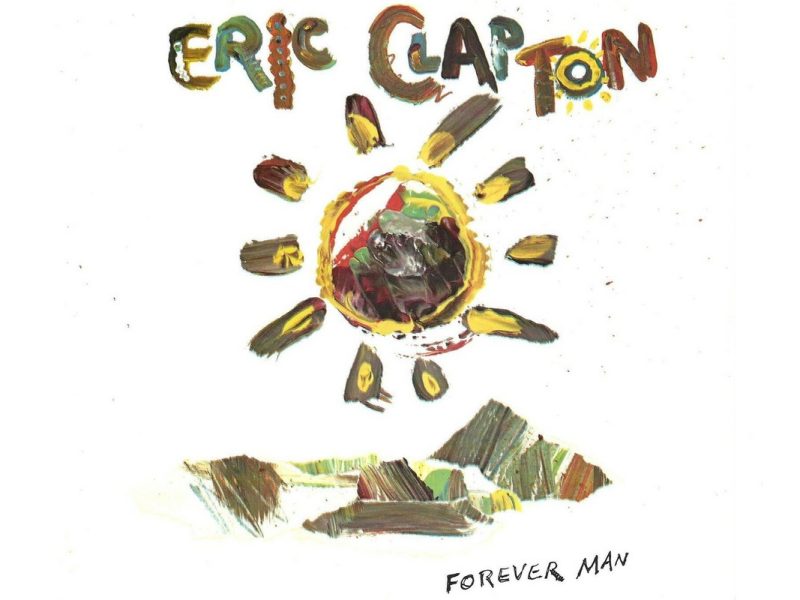The success of 1975’s multi-platinum album Dreamboat Annie left members of Heart feeling pretty good about their future. They’d become a tight unit following opening stints for acts like the Doobie Brothers, Rod Stewart, the Beach Boys, and Jefferson Starship, as well as headlining dates in clubs around North America.
New material they were writing showed the depth of the creative impulses Heart was marshaling through so much road work. The songs also rocked, of course, but they were also coalescing around a motif which Heart intended to turn into a concept album called Magazine.
“There was a whole theme behind it, where all the songs were going to be like articles in a magazine all tied together,” singer Ann Wilson told Goldmine. “There was going to be a booklet that was shot like a really cool artistic fashion magazine. And not just fashion, but news and stuff like that that we would make up.”
While the band was not short on creative spark, there was trouble afoot with their business relationships – namely with their record company, the small Canadian indie label Mushroom Records. The unexpected windfall of cash Heart had brought in with Dreamboat Annie led Mushroom to indulge in some previously impossible expansion.
“The label had attempted to leverage our success by signing more bands, adding U.S. distribution, and raising their industry profile,” Ann Wilson said in the band’s 2012 memoir Kicking & Dreaming. “Sometimes they did that with money that might have gone toward paying us royalties we were owed.”
Guitarist Roger Fisher told Sounds in 1977 that Heart “had only seen royalty payments for less than a fifth of the two and a half-million copies of Dreamboat Annie that were sold.”
As they gathered to record Magazine, Heart brought in a new management team whose first task was renegotiating the group’s royalty rate with Mushroom. Additionally, other record companies came calling after sensing that Heart might soon be available. Wilson and her guitar-playing sister Nancy declined to pursue these options. They preferred to remain faithful with the label that first believed in them, in spite of the difficulty of the negotiations.
Listen to Heart’s ‘Heartless’
That all ended with one magazine ad.
“[Mushroom] bought a full-page ad in Rolling Stone touting our success,” Wilson recalled. “‘Million to One Shot Sells a Million,’ read the headline. They had mocked up the ad to look like it was the front page of the National Enquirer.”
Further down the advertisement was a more troubling mock “story” containing a photograph of the Wilson sisters, bare-shouldered and back to back (as they were on Dreamboat Annie‘s cover), with the caption “Heart’s Wilson Sisters Confess: ‘It Was Only Our First Time!'”
The ribald double-entendre infuriated the group. “The ad went against everything we had hoped to achieve, against our ideals, and against all the intent and beauty in our songs,” Ann Wilson wrote in Kicking & Dreaming. “What steamed us the most was that our own record label had put out an ad that implied we were incestuous lesbian lovers.”
The advertisement was the final straw for Heart, who sued Mushroom in federal court for royalty payments and to get out of their contract. Also at issue was the status of Mike Flicker, Mushroom’s house producer, who had discovered the band and produced Dreamboat Annie.
Amid the noise of Heart’s warring with Mushroom, Flicker had either quit or been fired from the label, depending on whom one asked. That gave Heart what they felt was a legal out from their deal: They had a “key man” clause in their contract, stipulating if Flicker left Mushroom, the band could walk.
Heart began negotiating with other labels, eventually signing with Portrait Records and beginning work on the record that would become 1977’s Little Queen. In retaliation, Mushroom got to work on producing an album around the handful of tracks that had been recorded for Magazine.
Listen to Heart’s Cover of ‘Without You’
“They took the few tracks that were nearly done and completed them without our involvement, using our rough vocals,” Ann Wilson recalled in Kicking & Dreaming. “To that they added a few outtakes and live tracks, and rushed the album into stores.”
Heart pursued and was awarded an injunction that removed Mushroon’s Magazine from store shelves. Eventually, the lawsuit was settled, with the band winning their freedom from the label and Mushroom getting one more album from the group.
“We decided to make Magazine that album,” Ann remembered, “but insisted we finish the vocals and mixes. We did that in a Seattle studio later that year, as an armed security guard stood by. The court had ordered the guard because Mushroom was afraid we would erase our original multi-track recordings out of spite.”
Mushroom re-released Magazine on April 22, 1978. “Heartless” was its enduring classic, a straight-up rock tune with a particularly vicious Wilson vocal. Ann noted the song “contained some of my favorite lyrics ever,” singling out the refrain “Never realize the way love dies when you crucify its soul.”
“Heartless” kicked off Side 1, which also contained the positively punishing “Devil Delight,” with its plodding, Led Zeppelin-esque beat and exquisite weaving of guitars in the solo section. The side ends with a cover of “Without You,” the Badfinger ballad that Harry Nilsson had taken to No. 1 in 1972. Ann Wilson wraps her voice gently around the verses and bears down on the anthemic chorus, crushing the high notes and proving herself one of the great rock singers of the day.
Side 2 contains the intricate title track, as well as two live cuts – covers recorded at Seattle’s Aquarius Tavern, in 1975. Of the two, the band’s take on the Kiki Dee Band’s 1974 hit “I’ve Got the Music in Me” is the more un-Heart-like, but it nevertheless shows the group’s versatility, shifting a jaunty pop song into a more rocking set piece.
Magazine would top out at No. 17 on the Billboard 200 album chart, earning platinum certification for sales in excess of one million copies.
Bands With No Original Members
Heart’s Ann Wilson Discusses the Rise of the Seattle Scene



